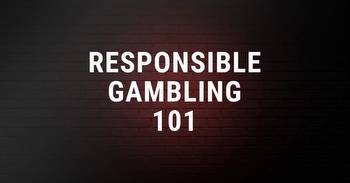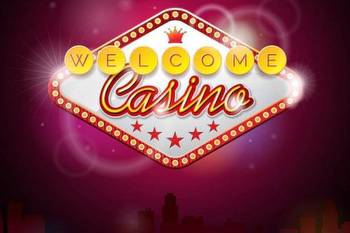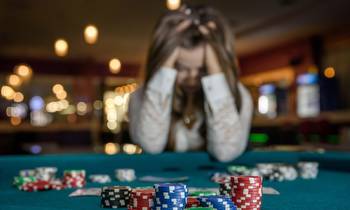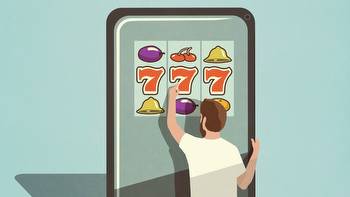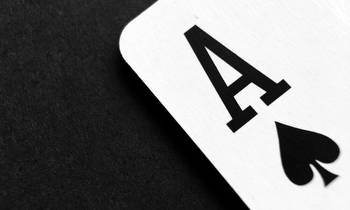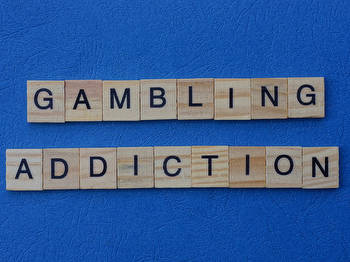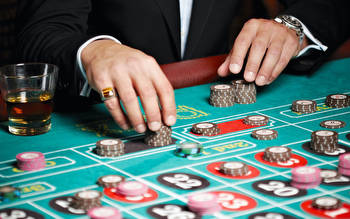Are You at Risk of Gambling Addiction? Find Out What You Can Do

Gambling addiction is a problem that can be overcome by understanding the signs of addiction and how to overcome it. The article explains the most appropriate ways to deal with it and the appropriate steps to take.
Gambling is addictive and can be difficult to stop. It can have a devastating effect on an individual's social and professional life. Gambling ranges from cockfights to the stock markets in most cultures. There are numerous cash app gambling platforms that offer a wide range of games to bet on.
There are various types of gamblers.
Social gamblers are at risk of gambling addiction.
Problem gamblers use the gambling platform as a way of solving their social problems.
Frequent gamblers have no control over the frequency of involvement or wager. They gamble as a way to pay for their basic needs.
Compulsive gamblers are the only type of gambler described by the American Psychiatric Association as having a mental disorder. The gambling addiction is an uncontrollable necessity accompanied by emotional tension and the inability to think critically.
There are various reasons why people engage in impulsive gambling.
People with a psychiatric disorder are 17 times more likely to develop addictive gambling.
Addictive behaviour among these people arise due to the environment and upbringing. These gamers often overvalue money and equate wealth to happiness. Unemployment and financial difficulties are risk factors that can involve many in compulsive gambling.
Gambling is an addictive behaviour connected to personality traits. People at risk of getting bored, restless, over-competitive and highly hardworking are at a greater risk to develop a gambling disorder.
Gambling is addictive and can be harmful to the general wellbeing of a person. It can affect families if not controlled. People suffering from gambling disorder may experience withdrawal symptoms, guilt, shame, and irritability when trying to quit gambling.
The signs of gambling addiction are below.
An addicted gambler lies to hide their addiction. The lying that accompanies the behaviour is part of the pathological behaviour that shows addiction and is not necessarily a sign of addiction itself.
Addictive gambling is characterised by the inability to stop or control your betting habit. It can continue to the point of losing more than a gamer can afford. The losses place a gambler into huge debts or risks of being broke due to gambling.
Gambling addiction is when you try to chase after lost money.
Gambling addiction is a problem where people lose all their money and need to borrow more money to fund their gambling habit. They may resort to crime to support their habit, such as stealing from close friends and family or fraud, robbery, and embezzlement.
Gambling addiction is difficult to stop. Seeking the right expertise can be a key to successful recovery.
Quitting gambling is challenging. Psychotherapy, medication and therapy groups can help people overcome addiction. Gambling can be fun but it can quickly become an issue. If you have a predisposition to gambling addiction, it's better you avoid it altogether.













